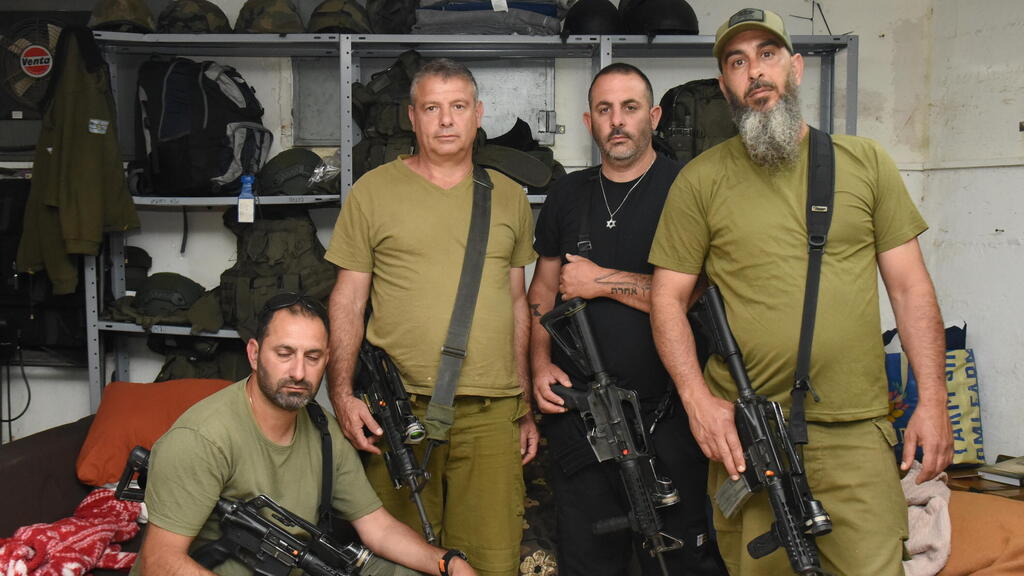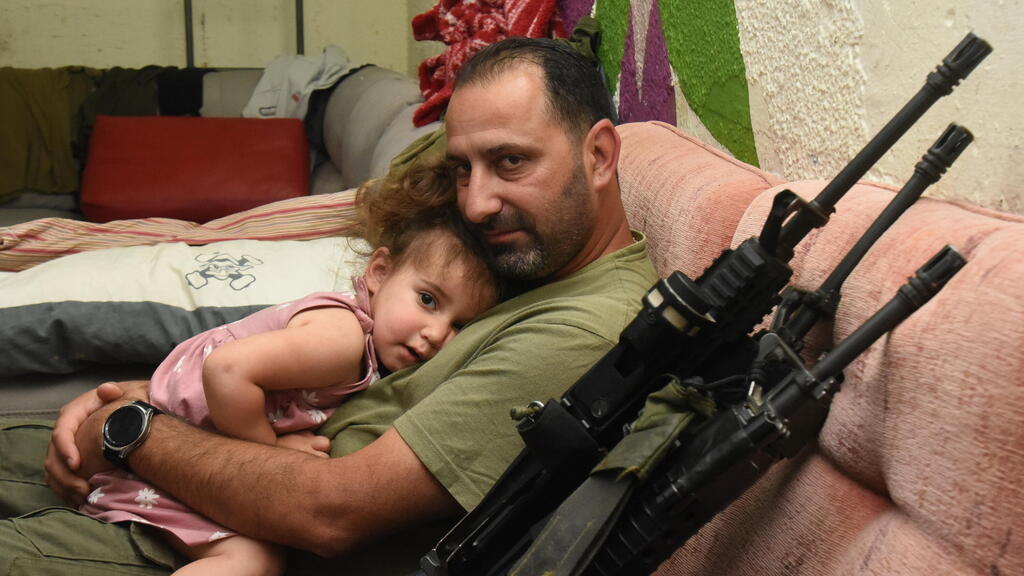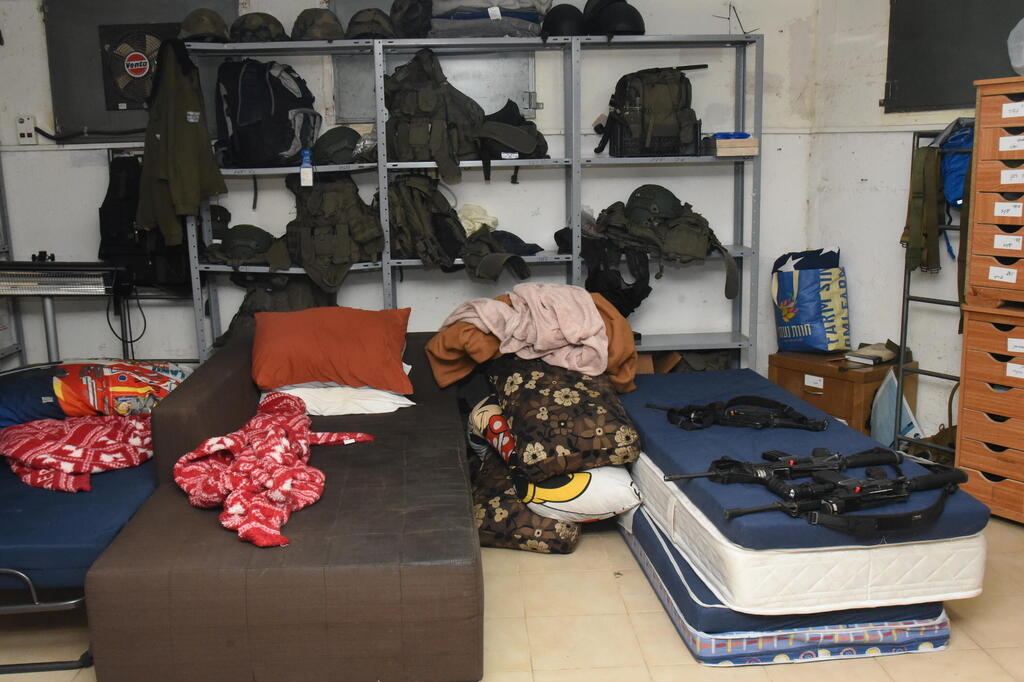Getting your Trinity Audio player ready...
While the situation on Israel’s northern border escalates with over 100,000 residents living under the threat of Hezbollah missiles, the IDF has decided on Tuesday to reduce the number of local alert squads in communities close to the border — ones that haven’t been evacuated and constitute the line of defense against any incident on the border.
The military’s decision, made unilaterally and without consulting local municipality heads, only deepens the residents’ mistrust of the IDF. "At this time, security needs to be bolstered, not weakened," said Giora Zaltz, head of the Upper Galilee Regional Council.
He warned the move was a "big mistake, as once again the military is acting without open dialogue with the local authorities, making decisions for which we might pay a heavy price."
According to the IDF’s decision, the local alert squads in communities up to 5 kilometers from the border will be reduced from 28 active operatives to only 18. In communities up to 9 kilometers from the border, only four operatives will be allowed to carry weapons.
Residents recruited into the alert squads in October are responsible for protecting homes, kindergartens, and daycares that operate without any protection, and help residents during sirens and various incidents. They’re present in the schools and man the community gates at all times.
Ein Yaakov is a small moshav in the Western Galilee, situated eight kilometers from the Lebanon border, that turned into Israel’s frontline over the past eight months of war. It’s the closest populated community to the border since other communities have been evacuated.
The local alert squad operatives, who are IDF reservists, set up a safe war room from which they defend their homes. The site includes power generators, rescue and aid equipment, medical supplies, and cabinets stocked with food and canned goods for emergencies.
"Everyone made it clear to us that we wouldn't get help during a war," said Gabi Yaakov, a member of the local alert squad. "What does disbanding everyone now achieve? All the communities that survived the massacre near the Gaza border did so because the alert squads prevented the terrorists from infiltrating further."
Military officials explained the move by saying it aims to save money on reservists' pay, and since threats of terrorist infiltration have supposedly been eliminated, there was no longer a need for active local squads.
Tzachi Eliyahu, chairman of the Ein Yaakov committee and a member of the local alert squad, said a Jewish National Fund (KKL-JNF) donation allowed them to purchase a security camera system, military vests, helmets and equipment to protect the 1,500 residents of Ein Yaakov.
"We have two manned guard posts, four operatives doing patrols, and a command center that’s manned at all times. We do three training sessions per week, such as Krav Maga, live-fire ranges, and simulators. Hezbollah’s Radwan forces can be here in eight minutes, or seconds if they arrive on gliders. Who’ll be here to protect the 150 children?"
Similar complaints were heard in Kibbutz Shamir in the Upper Galilee. The kibbutz’s community manager, Oved Ben Ze'ev, said, "This is a ridiculous decision. They shouldn’t expect us to maintain the alert squads voluntarily. People are already worn out. I invite the prime minister to come here, to see the Hula Valley burning."
The IDF said that the decision’s aim is "to maintain readiness and operational continuity," and added, "all local alert squad members will hold onto their personal equipment."






